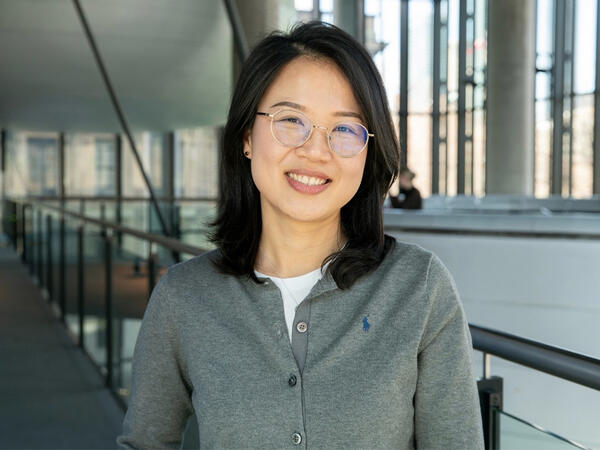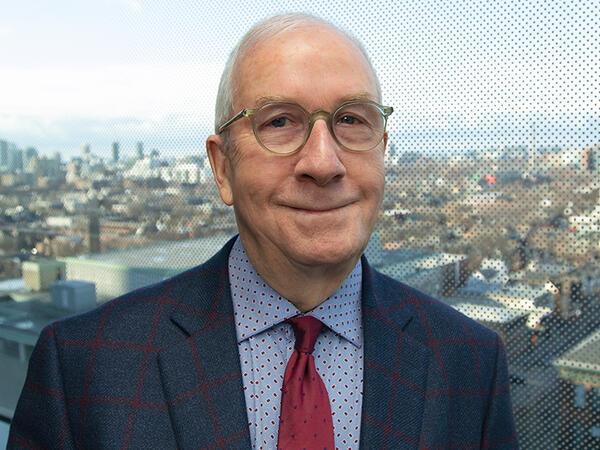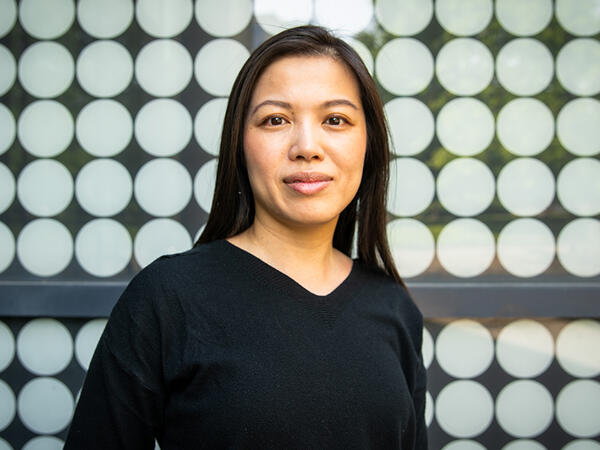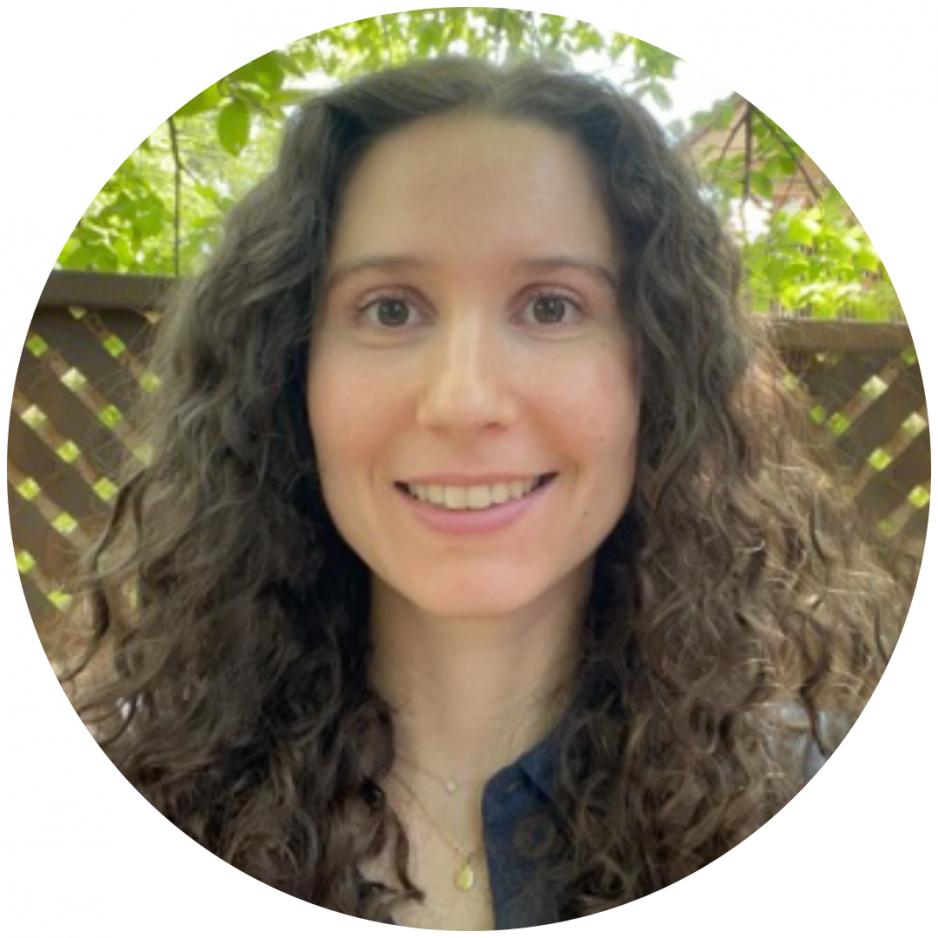What is your academic background and how does it complement pharmaceutical sciences research?
I graduated in the spring of 2020 from McMaster University with a Bachelor of Arts and Science and a concentration in Chemical Biology. My undergraduate degree had an interdisciplinary foundational curriculum that emphasized and instilled social awareness through broad-based scholarly inquiry. As a result, my degree gave me the critical reasoning, analytical, and research skills that allowed me to explore issues from scientific as well as social perspectives. This made me well equipped to focus my graduate studies on the social contexts of pharmaceutical policy and to explore issues of access to essential pharmaceutical products.
What led you to working with Professor Jillian Kohler's research group?
During my undergraduate studies, I quickly recognized that, although scientific research and innovation continues to advance, populations around the world remain without access to life saving pharmaceutical products. As such, when beginning my graduate degree, I was interested in studying the policies that guide the distribution of drugs and that affect their accessibility. Specifically, I was fascinated by Dr. Jillian Kohler’s work on the impacts of transparency, accountability, and anti-corruption on global access to essential medicines and I was excited to explore ways of reducing corruption and improving health outcomes in health systems around the world.
What are some of the challenges you’ve had to overcome within your research?
For my thesis I am studying the need for transparency, mutual collective accountability, and shared health governance on the equitable distribution of COVID-19 vaccines globally. Since beginning preliminary research, however, I have noticed that there is a general lack of publicly available information about COVID-19 vaccine contracts. As such, I have had difficulty accessing information pertinent to my thesis. While contract secrecy is a finding in and of itself, it has also made it difficult for me to track vaccine contracts and to explore how conditions of these contracts are affecting the global distribution of COVID-19 vaccines.
What impact do you hope your research has on society broadly?
I hope my research highlights the importance of global collaboration, particularly in times of global health crises. Furthermore, I hope that my research emphasizes the necessity of promoting health equity when addressing global health issues and that it illuminates the importance of transparency and accountability in global health initiatives. As such, I hope that my work sheds light on the successes and/or shortcomings of the global distribution of COVID-19 vaccines, from which the global community can learn, create effective health programs, and prepare for any future humanitarian crises.
More News
Image

Grad to Watch: Jackie Fule Liu’s research focuses on better outcomes for diabetes patients
A recent PhD graduate, Jackie Fule Liu combines hands-on skill and big-picture thinking to help tackle diabetes care challenges.
Read More
Image

U of T community members recognized with Order of Canada
Congratulations to Dean Emeritus and Professor K. Wayne Hindmarsh on his appointment.
Read More
Image

Welcoming Ivy Lam as Academic Lead in Climate, Health & Sustainable Care
Assistant Professor Lam will guide the Leslie Dan Faculty of Pharmacy's efforts to embed environmental sustainability across the Faculty.
Read More
